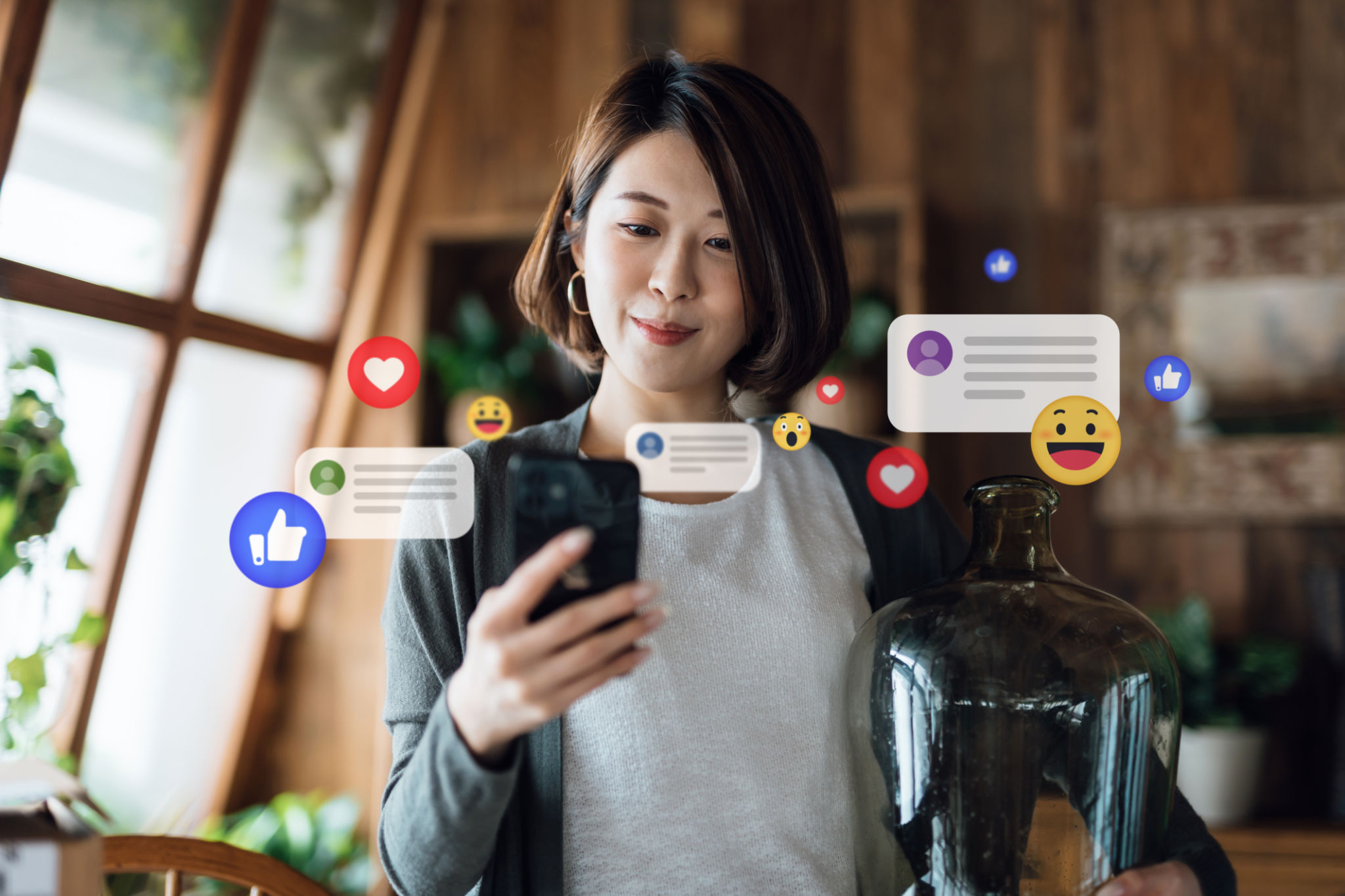Case Study: Success Stories of Social Media Services in Germany
Introduction to Social Media Success in Germany
Germany has rapidly embraced social media as a powerful tool for businesses to connect with their audience and drive growth. From small startups to large corporations, numerous companies have found success through strategic social media engagement. This case study explores some of the most successful social media campaigns in Germany, highlighting the strategies and results achieved by these companies.
German businesses have shown that a well-crafted social media strategy can significantly enhance brand recognition, customer engagement, and revenue growth. The following success stories illustrate the diverse ways in which social media can be leveraged to achieve business goals.

Case Study 1: A Fashion Retailer's Instagram Triumph
One of Germany's leading fashion retailers utilized Instagram to create an engaging platform for their brand. By focusing on highly visual content and collaborating with popular influencers, the retailer managed to significantly increase their follower base.
The campaign involved:
- Partnering with fashion influencers to reach a broader audience.
- Utilizing Instagram Stories to showcase new collections and exclusive behind-the-scenes content.
- Engaging followers with interactive posts, such as polls and Q&A sessions.
This strategy resulted in a 50% increase in online sales within three months, demonstrating the power of visual storytelling and influencer partnerships.
Case Study 2: A Tech Startup's LinkedIn Strategy
A German tech startup focused on B2B services successfully leveraged LinkedIn to establish themselves as industry thought leaders. By consistently sharing valuable content and insights on the platform, they built a strong professional network and gained credibility.
The key elements of their strategy included:
- Publishing regular articles and posts about industry trends and innovative solutions.
- Participating in LinkedIn groups to engage with other professionals and potential clients.
- Launching targeted ad campaigns to reach decision-makers in relevant industries.

The startup experienced a 40% increase in inbound leads, illustrating how LinkedIn can be an effective tool for B2B marketing.
Case Study 3: A Food Brand's Facebook Engagement
A well-known German food brand used Facebook to foster a community around their products. By creating engaging content that resonated with their audience, they increased brand loyalty and customer interaction.
The campaign highlights were:
- Sharing user-generated content to create a sense of community ownership.
- Running contests and giveaways to encourage active participation.
- Utilizing Facebook Live for cooking demonstrations and product launches.
This approach led to a 30% increase in customer retention rates, underscoring the importance of building a community around your brand.

Conclusion: Lessons Learned
The success stories from Germany reveal that a strategic approach tailored to each platform's strengths is crucial. Whether it's leveraging Instagram's visual appeal, LinkedIn's professional network, or Facebook's community focus, businesses can achieve remarkable results.
These case studies highlight the importance of understanding the audience, creating engaging content, and utilizing platform-specific features. By doing so, German companies have not only enhanced their market presence but also achieved tangible business outcomes.
